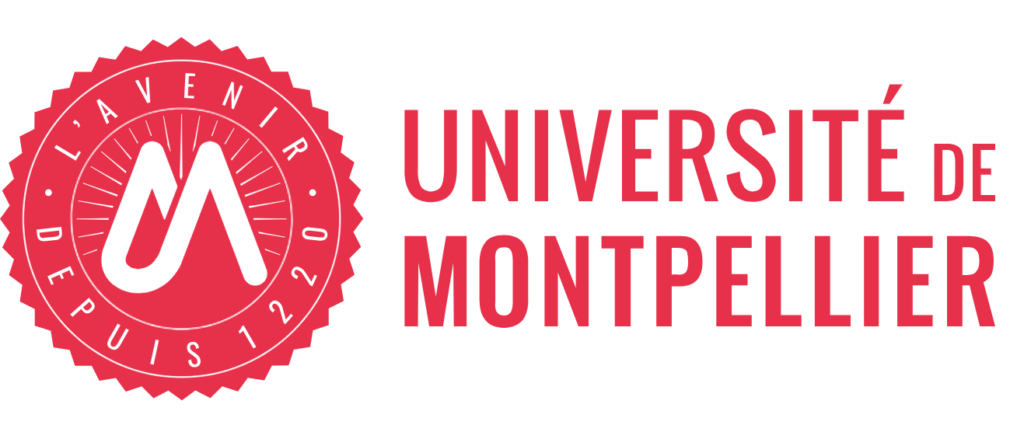
The University of Montpellier is an experimental public institution (EPE), with legal personality and educational, scientific, administrative and financial autonomy.
Headed by a president elected by the Board of Directors, it is made up of governance bodies, components, departments and central services.
The University determines its educational and scientific policy within the framework of its regulations and contractual commitments.
The University of Montpellier now welcomes more than 51,000 students in its 17 faculties, schools and institutes.
Established throughout the territory of the city of Montpellier and in the main cities of the east of the Occitanie region, they have delivered the major areas of training in law, economics, management and political and social sciences, sciences, technologies and health. thus allowing students to orient themselves towards professional paths and/or the world of research.
The University of Montpellier is mainly involved working on innovative value chains for the development of environmentally-friendly products. The focus is on creating a portfolio of end-products for the farming sector using bioproducts and adopting a cost-effective design approach. The goal is to upscale the extraction of plant biochemicals and production of PHA/MP (types of biodegradable materials) in a cascading biorefinery design.
These end-products will be tested with users in the agri-food sector, considering both their usage and end-of-life stages. The sustainability performance of the products will be quantitatively evaluated, and the business models and economic feasibility will be assessed, with the aim of achieving an eco-friendly industrial design.

Key peopl

Professor ANGELLIER-COUSSY Hélène
Is an associate professor (HDR) at the University of Montpellier (France). She is teaching Food Chemistry and Material Science and Engineering applied to the field of food packaging. Her research activities (ePOP team, IATE) focus on the development of fully circular food packaging materials able to substitute conventional plastics. The innovation relies on the development of the just necessary properties (frugal design) via the formalization of structure/functional properties relations.
E-mail address: helene.coussy@umontpellier.fr